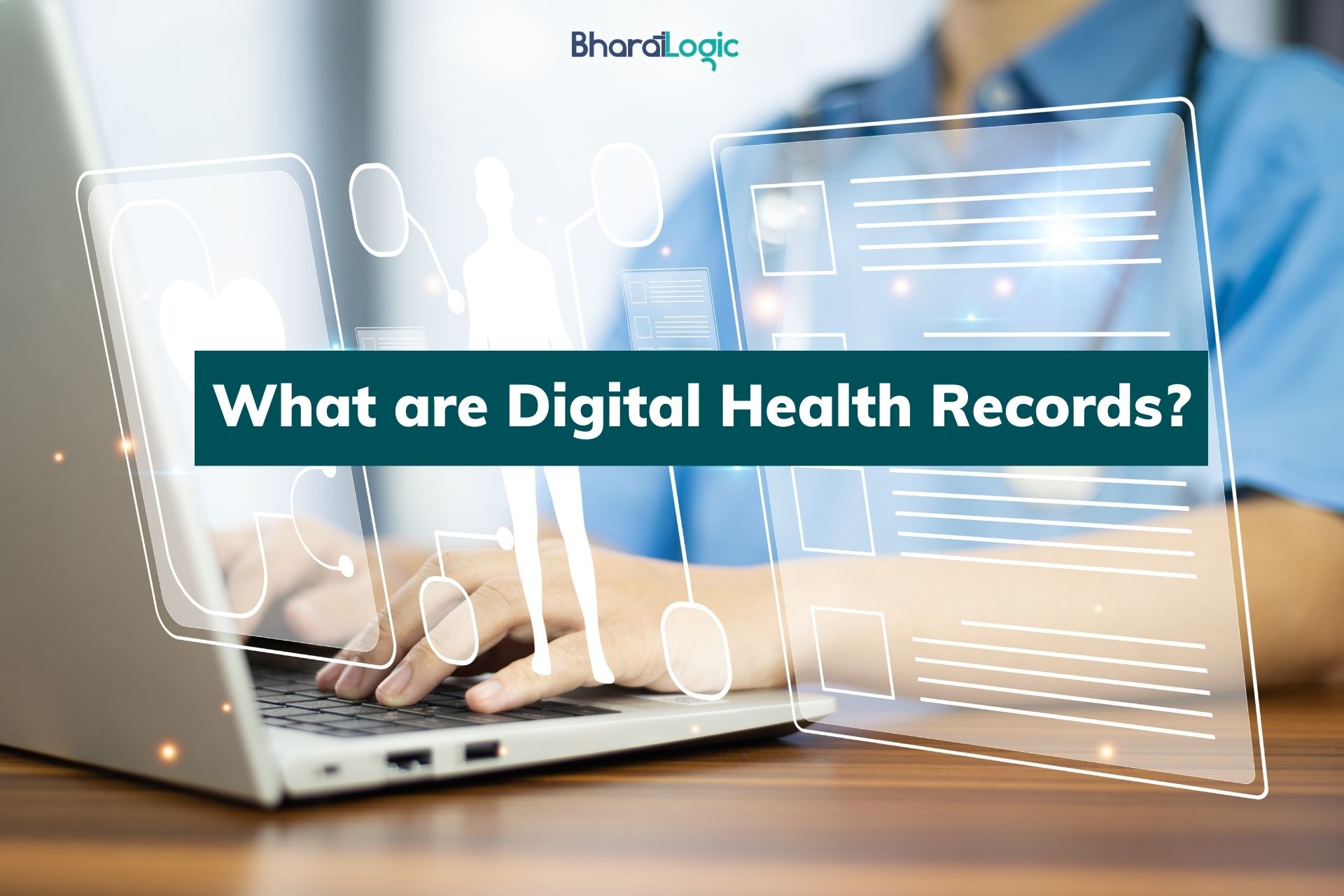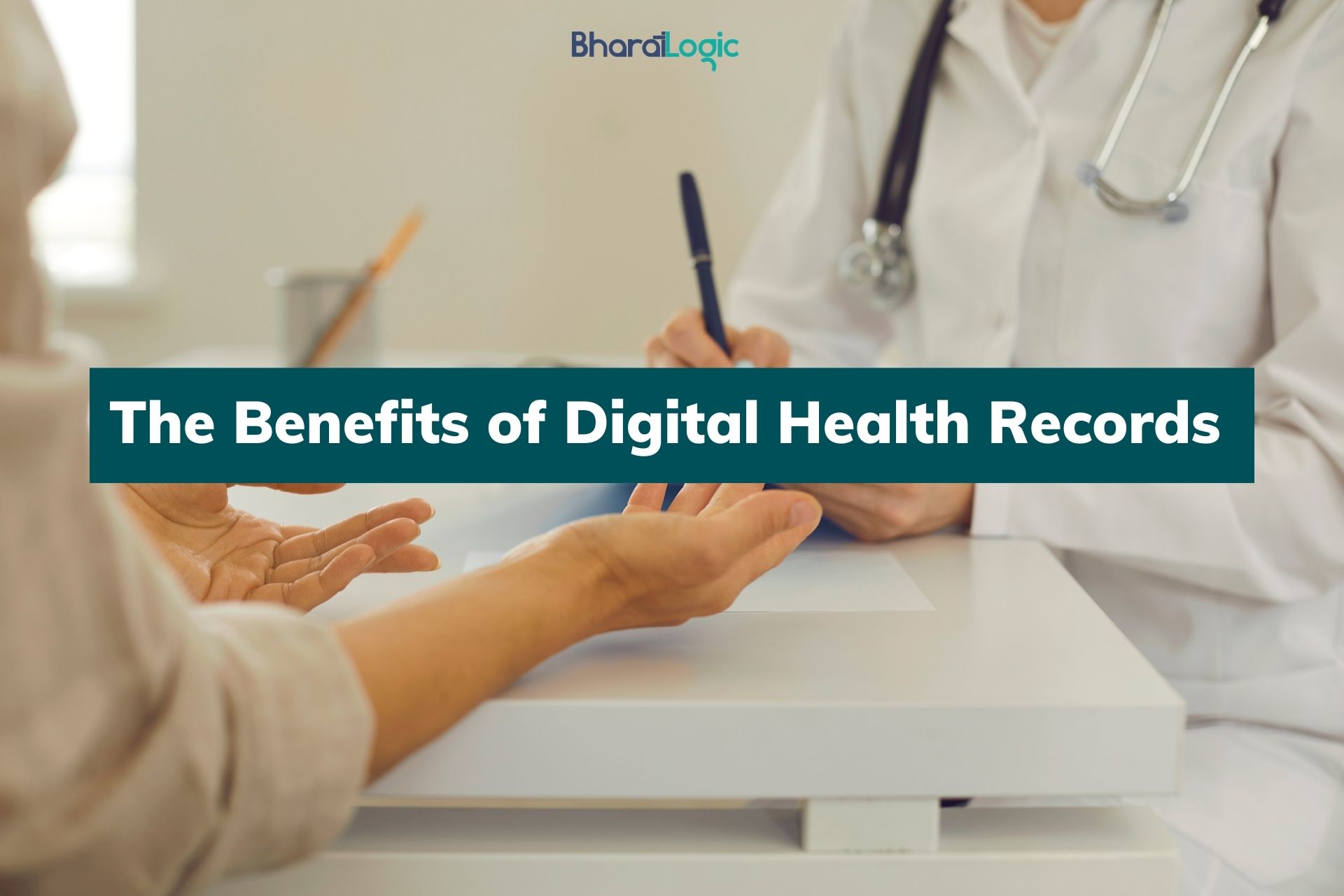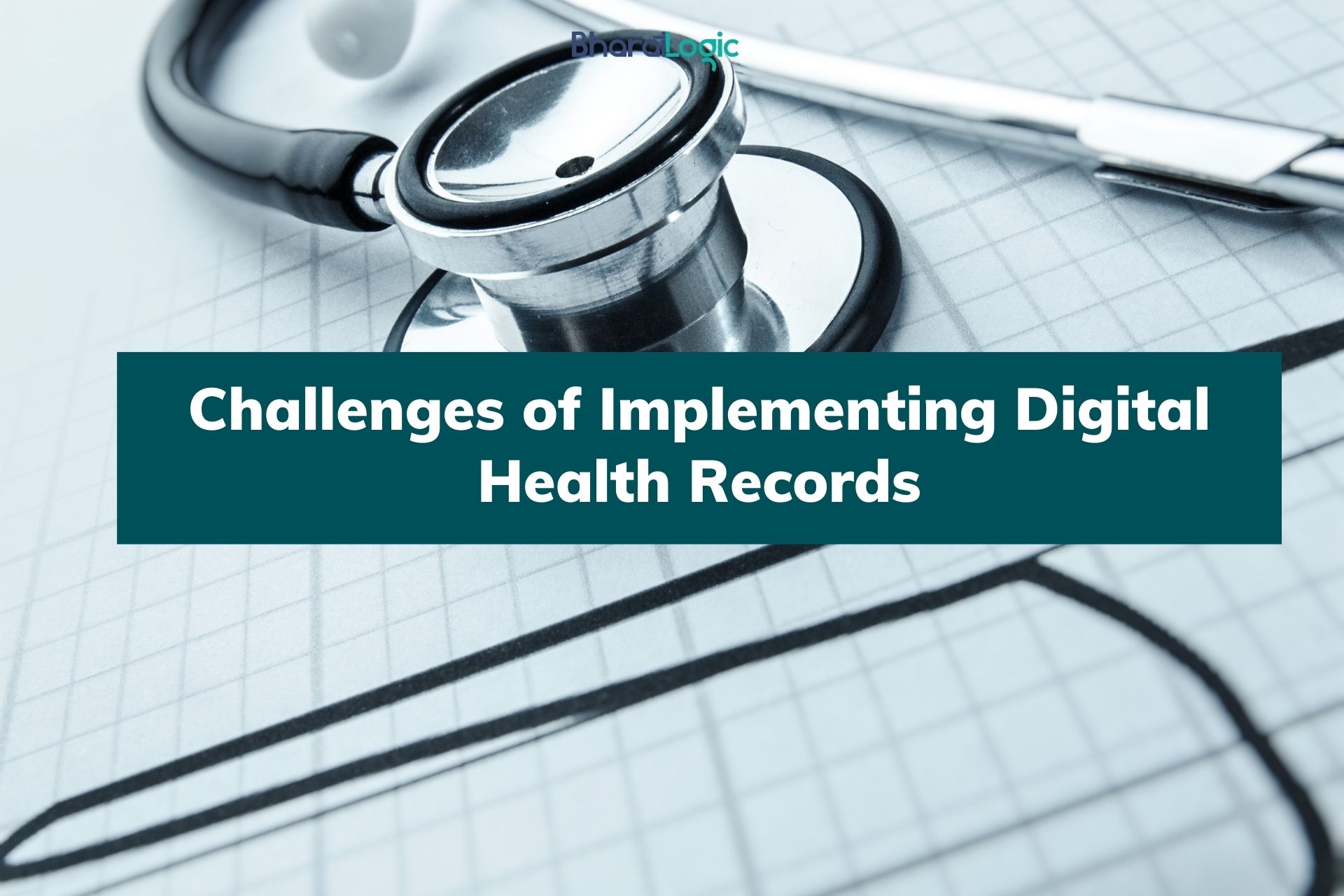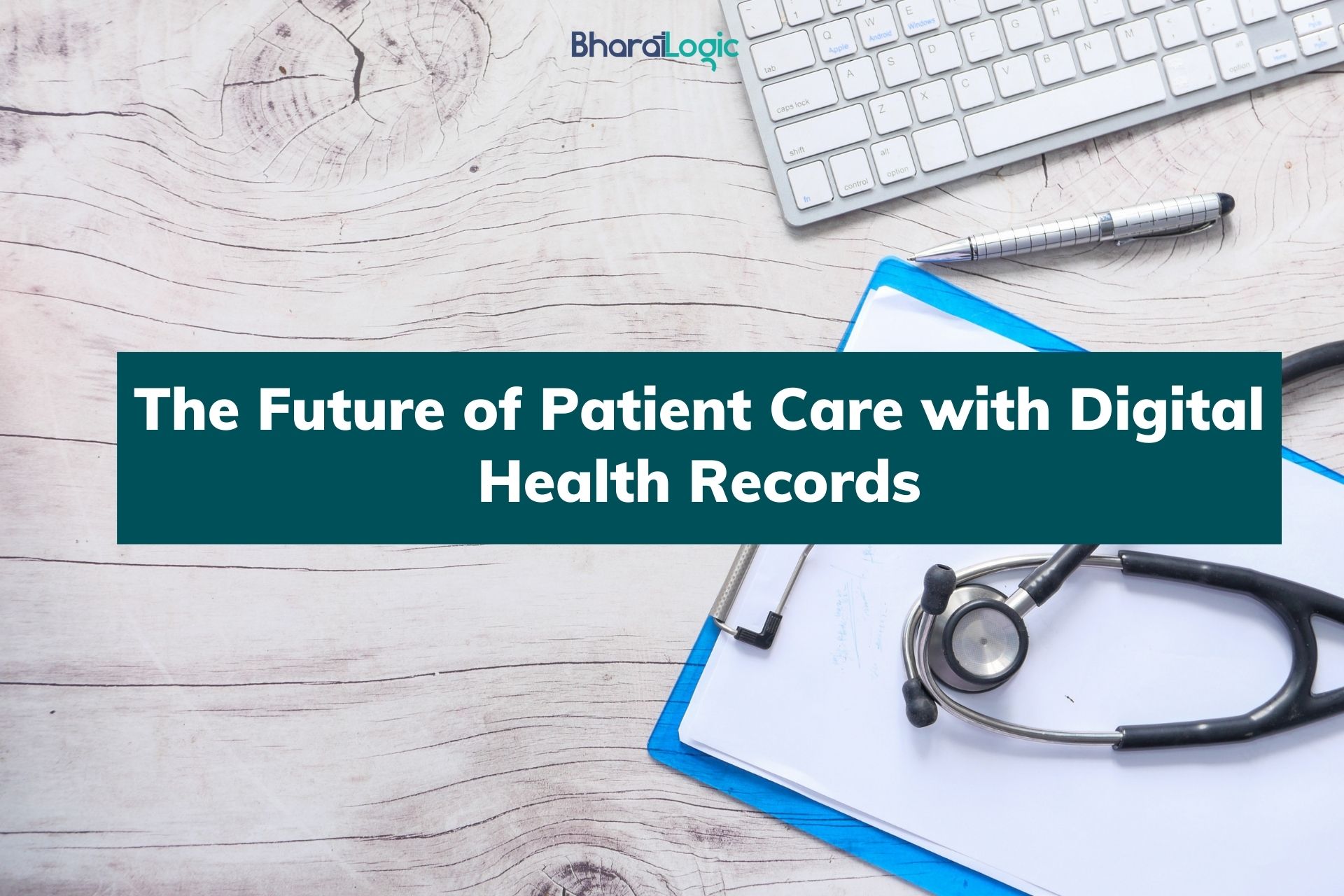Digital Health Records: The Future of Patient Care
The rapidly advancing technological world, it’s no surprise that healthcare is also evolving to keep up with the digital age. One of the most significant advancements within the healthcare industry is the transition from traditional paper-based health records to digital health records. Digital health records, also known as electronic health records (EHRs), are changing the way patient care is delivered and managed. In this blog post, we will explore the benefits of digital health records and why they are considered the future of patient care.
What are Digital Health Records?

Digital health records are electronic versions of a patient’s paper chart that are stored in a secure and digital format. These records contain a patient’s medical history, diagnoses, medications, treatment plans, test results, and other vital information that healthcare providers need to provide quality care. Digital health records are accessible to authorized healthcare providers, allowing them to easily and quickly access a patient’s relevant health information.
The Benefits of Digital Health Records

1. Improved Patient Care: Digital health records allow healthcare providers to access a patient’s complete medical history at any time, which leads to more accurate diagnoses and treatment plans. With all the information in one place, healthcare providers can make more informed decisions and provide patients with better care.
2. Increased Efficiency: Digital health records streamline the healthcare process by eliminating the need for manual record-keeping and paperwork. This saves time for both healthcare providers and patients, as information can be easily entered, updated, and accessed electronically.
3. Better Communication: Digital health records improve communication between healthcare providers by allowing them to share patient information securely and efficiently. This leads to better coordination of care and can reduce medical errors.
4. Enhanced Patient Engagement: Digital health records enable patients to access their own health information online, empowering them to take charge of their health and be more involved in their care. Patients can easily schedule appointments, view test results, and communicate with their healthcare providers through secure messaging platforms.
5. Cost Savings: Digital health records can help reduce healthcare costs by decreasing the need for paper-based record-keeping, reducing medical errors, and preventing unnecessary tests and procedures. Additionally, electronic records can improve billing accuracy and streamline insurance claims processing.
Challenges of Implementing Digital Health Records

While digital health records offer numerous benefits, there are also challenges that healthcare organizations may face when implementing them. Some common challenges include:
1. Cost: Implementing digital health records can be expensive, requiring investments in technology, training, and infrastructure. Smaller healthcare providers and organizations may struggle with the upfront costs of transitioning to electronic records.
2. Privacy and Security Concerns: Protecting patient information is crucial when using digital health records, as they are vulnerable to security breaches and cyberattacks. Healthcare providers must adhere to strict privacy regulations and invest in secure systems to safeguard patient data.
3. Interoperability Issues: Different healthcare systems may use incompatible or proprietary software, making it difficult to share digital health records across providers and facilities. Interoperability challenges can hinder the exchange of patient information and coordination of care.
The Future of Patient Care with Digital Health Records

Despite the challenges, the future of patient care looks promising with the widespread adoption of digital health records. As technology continues to advance, digital health records will become more advanced, user-friendly, and interoperable. Here are some ways digital health records will shape the future of patient care:
1. Artificial Intelligence and Machine Learning: Digital health records can be leveraged with artificial intelligence and machine learning algorithms to analyze large amounts of data quickly and accurately. This can help healthcare providers identify patterns, predict outcomes, and personalize treatment plans for patients.
2. Telemedicine: Digital health records enable telemedicine services, allowing patients to receive care remotely through virtual consultations and video appointments. Telemedicine improves access to healthcare, especially for patients in rural or underserved areas.
3. Personalized Medicine: Digital health records provide healthcare providers with a comprehensive view of a patient’s health history, allowing them to tailor treatment plans to individual needs and preferences. Personalized medicine can lead to better health outcomes and patient satisfaction.
4. Patient Health Management: Digital health records support patient health management initiatives by aggregating data from multiple sources to identify trends, risk factors, and areas for improvement in community health. This proactive approach can help prevent disease, reduce healthcare costs, and improve public health outcomes.
Conclusion
Digital health records are revolutionizing the way patient care is delivered and managed. With improved efficiency, communication, engagement, and cost savings, digital health records offer numerous benefits for both healthcare providers and patients. While there are challenges to implementing electronic records, the future of patient care looks promising as technology continues to advance and digital health records become more integrated and interoperable. By embracing digital health records, healthcare organizations can enhance the quality, safety, and accessibility of care for individuals and communities alike. As we move towards a more connected and data-driven healthcare system, digital health records will undoubtedly play a crucial role in shaping the future of patient care.
Transform your service offerings with custom software solutions from bharatlogic. Our team of seasoned professionals excels in native and cross-platform software development, guaranteeing that your distinct vision is executed with precision and sophistication. Collaborate with us for unmatched success on your upcoming project.





